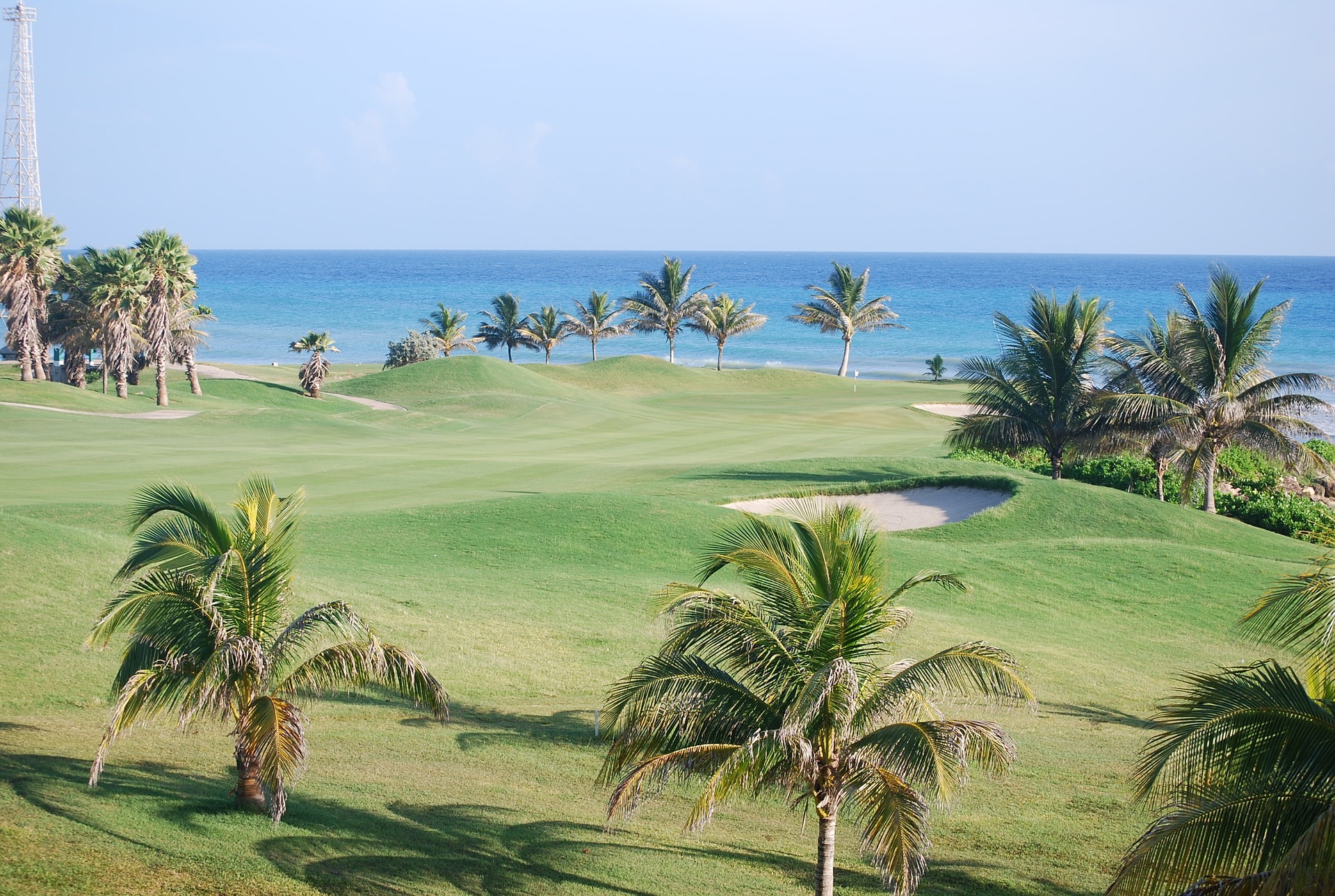Jamaica has long been famous for its gorgeous beaches, reggae beats, and inviting atmosphere, making it a top pick for travelers seeking a tropical escape. But if you’re planning a trip, you might be wondering, is Jamaica safe?
In recent years, concerns about rising violent crime, particularly in places like Kingston and Montego Bay, have made some hesitant to visit. While these issues can’t be ignored, with the right precautions and a little preparation, you can enjoy everything this beautiful island has to offer while staying safe.
Understanding safety concerns in Jamaica

If you’re asking, “is Jamaica safe?”, it’s important to understand the full picture. Currently, Jamaica is under a Level 3 Travel Advisory from the U.S. State Department, which recommends travelers “reconsider travel” to the island. The U.S. Embassy frequently receives reports of serious crimes, including sexual assaults, and visitors have noted slow or unsatisfactory responses to incidents.
Violent crime is a reality throughout Jamaica, with the government reporting one of the highest homicide rates in the Western Hemisphere. Armed robberies, assaults, and gang-related violence, often linked to drug trafficking, are significant concerns.
Tourist-friendly areas in Jamaica

The good news is that Jamaica’s most popular tourist spots like Montego Bay, Negril, and Ocho Rios are generally very safe for visitors. These areas are home to world-class resorts, private beaches, and plenty of activities designed to give travelers peace of mind. In fact, resorts and private properties in Jamaica rank among the safest destinations in the Caribbean.
That said, getting to your resort may require some caution, as crime can occur along highways or in less-secured areas. Planning your transportation in advance, using reputable services, and avoiding night travel can make your journey smoother and safer.
The Jamaican government has taken steps to boost safety for tourists, including mobile police patrols and specialized tourist police units. These officers are stationed in popular areas to prevent crimes like theft and harassment and ensure a quicker response to any incidents.
While violent crime is rare in touristy zones, petty theft and pickpocketing can happen, especially in crowded places.
Tips for staying safe in Jamaica

While Jamaica is a beautiful destination, taking precautions can help ensure your trip is safe and enjoyable. Here are some helpful tips to keep in mind during your visit:
- Avoid walking or driving at night: Stick to well-lit, busy areas after dark.
- Avoid public buses: While they’re a cheap mode of transportation, public buses can be unsafe for tourists. Instead, opt for private taxis or pre-arranged transportation services.
- Avoid secluded places or situations: It’s best to stay in well-populated areas, especially at night. Secluded beaches, empty streets, and isolated areas can increase your risk of encountering crime.
- Do not physically resist any robbery attempt: If you find yourself in a dangerous situation, give up your belongings without resistance. Your belongings can be replaced, but you cannot.
- Be aware of your surroundings and keep a low profile: Flashy jewelry, expensive cameras, or other valuables can make you a target.
- Enroll in the Smart Traveler Enrollment Program (STEP): Signing up for STEP will allow the U.S. Embassy to send you travel alerts and make it easier to locate you in an emergency.
Areas to avoid in Jamaica
The U.S. State Department recommends that visitors do not travel to the following locations:
- St. Ann’s Parish: Steer Town and the Buckfield neighborhood
- St. Catherine’s Parish: Spanish Town, Central Village, certain areas within Portmore
- Clarendon Parish: All of Clarendon Parish, except passing through using the T1 and A2 highways
- St. Elizabeth’s Parish: Vineyard District Community
- Hanover Parish: Logwood and Orange Bay
- St. James Parish: Montego Bay: Inland side of the A1 highway and The Queen’s Drive from San San to Harmony Beach Park
- Kingston and St. Andrew Parish: Cassava Piece, Duhaney Park, Grants Pen, Standpipe, Swallowfield, Elleston Flats, August Town, and downtown Kingston
- Manchester Parish: Green Vale, Gray Ground, Red Ground, and Vineyard neighborhoods
- St. Thomas Parish: Black Lane, Grands Penn, Church Corner, Town of Yallahs
- Trelawny Parish: Clarks Town
- Westmoreland Parish: Russia, community in Savanna-la-Mar, Morgan Bay, Kings Valley, The Whitehall, Bethel Town, and Red Ground neighborhoods
Health and weather safety

Jamaica is susceptible to hurricanes and tropical storms, especially during the Atlantic hurricane season from June to November. In July 2024, for example, Hurricane Beryl nearly made a direct hit on the island. Although hurricanes don’t always reach landfall, it’s still important to stay informed about weather conditions. Keep an eye on local forecasts and follow any guidance from local authorities.
When it comes to health care, Jamaica’s services may not be on par with what you’re used to back home. The U.S. State Department notes that visitors shouldn’t expect the same level of care as in the U.S., particularly in terms of emergency response times and the availability of specialized services. For example, private hospitals often require payment upfront and might not be able to handle complex medical cases. Ambulance services, especially in rural areas, might be limited and not always staffed with EMTs.
If you take prescription medication, it’s a good idea to bring extra supplies with you. Common medications, like insulin, can be harder to find in Jamaica, especially in more remote areas.
Bottom line: Is Jamaica safe?

So, is Jamaica safe? While it remains a popular destination, it’s important to acknowledge the risks. With a Level 3 Travel Advisory in place, there are concerns about crime, especially in certain areas outside the main tourist zones.
While tourist areas tend to be safer, it’s essential to stay vigilant, avoid risky situations, and stay informed about the latest updates. If you do decide to visit, being prepared and staying cautious can help ensure a safer experience.




